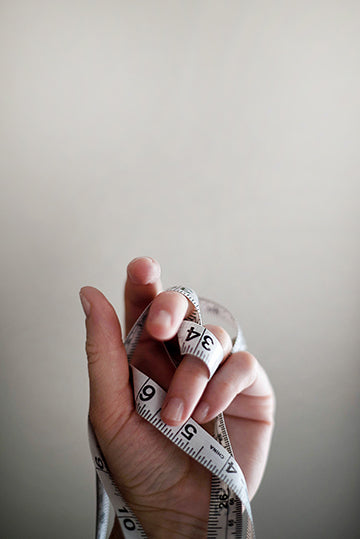
What You Need to Know About Body Fat Calculators

Many people are interested in understanding their body fat percentage and how it relates to their overall health. Knowing your body fat helps you understand where you’re at with your fitness goals and can provide insight into potential medical issues. But is a body fat calculator the best way to get an accurate result? Let’s take a closer look.
How Do Body Fat Calculators Work?
A body fat calculator is an algorithm that uses input from your age, gender, and height to calculate your approximate lean muscle mass and body fat percentage. It does this by using formulas based on scientific research that have been gathered over the years. While these calculators are generally accurate, they may not be completely reliable for everyone due to the inherent limitations of any algorithm-based system.
What Factors Impact Accuracy?
The accuracy of a body fat calculator can depend on several factors, including how recently the research used by the calculator was conducted, whether or not you have any medical conditions that could affect the results, and how precisely you enter your information into the calculator. Additionally, if you’ve lost or gained weight since taking measurements for the calculator, it may not be as accurate as expected.
What Are Other Options?
If you want a more precise measurement of your body fat percentage than what a calculator can provide, there are other options available. A DEXA scan or hydrostatic weighing test are two methods that are considered more reliable than calculators because they measure factors such as bone mineral density in addition to just lean muscle mass and total body fat. However, these methods also come with their own drawbacks—such as cost and time—so it’s important to weigh all of your options before deciding which option is best for you.
For yoga fitness practitioners who want an idea of where they stand with their current fitness goals and overall health status, a body fat calculator may be an easy way to get started. However, it's important to keep in mind that calculators may not always be 100% accurate depending on the individual's circumstances. If you want a more precise measurement of your body composition, there are other options available such as DEXA scans or hydrostatic weighing tests—though these come with their own costs and drawbacks associated with them. Ultimately, it's up to each person to decide which option works best for them based on their specific needs!


